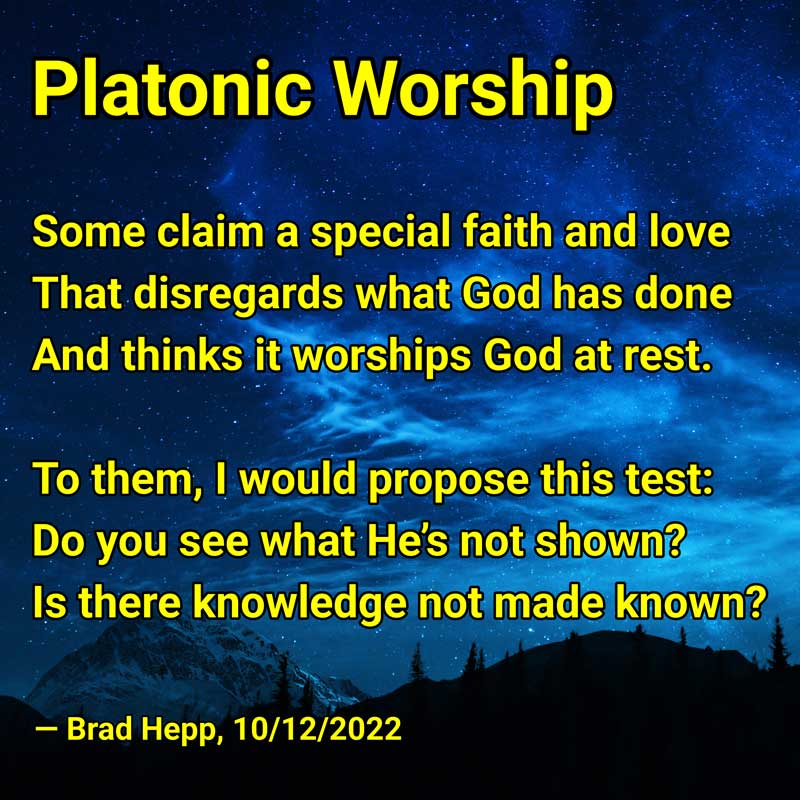
Commentary
These days, I’m reading slowly through the Gospel of John. This morning, I got to the end of chapter two, where John notes that whereas people were believing in Jesus because of his miracles, he was not entrusting himself to them:
Now when he was in Jerusalem at the Passover Feast, many believed in his name when they saw the signs that he was doing. But Jesus on his part did not entrust himself to them, because he knew all people and needed no one to bear witness about man, for he himself knew what was in man.
John 2:23-25
Here’s one thing that caught my attention: John uses the same verb in “many believed” as he does in “did not entrust.” The verb is a common one for belief: pisteuo. It struck me as a play on words that begs for the reader to dig deeper. The main question that comes to my mind is, does this suggest that there are elements in the witnesses’ belief and Jesus’ entrusting that are parallel? Do they contrast?
I haven’t gotten to the bottom of my question, but as I read what commentators say about the passage, I found some of them pushing one of my buttons: they denigrate people for basing their belief in Jesus on his miracles, as though there were a better basis for belief! But John himself summed up the purpose for his Gospel like this:
Now Jesus did many other signs in the presence of the disciples, which are not written in this book; but these are written so that you may believe that Jesus is the Christ, the Son of God, and that by believing you may have life in his name.
John 20:30-31
The Poem
I registered my objection by writing the poem above. In the third line, “God at rest” stands for a God who is not active, doing things, interacting with his creation, performing miracles.
The last two lines are the test I propose: is there anything we can see or know about God apart from his actively making himself known?
Next time you hear someone piously pray, “God, I worship you not for what you’ve done, but for who you are,” pull them aside and remind them that God IS a creator, lover, healer, savior. Who he is cannot be separated from what he does. Thank God that’s so!
Caveat
I could be wrong. I’m the son of a theologian, and I have friends who are philosophers. But I am not one of them. Any time I refer to Plato, just know that I’m in the deep end, and don’t know how to swim.
(background photo by Joshua Woroniecki on Pixabay)
